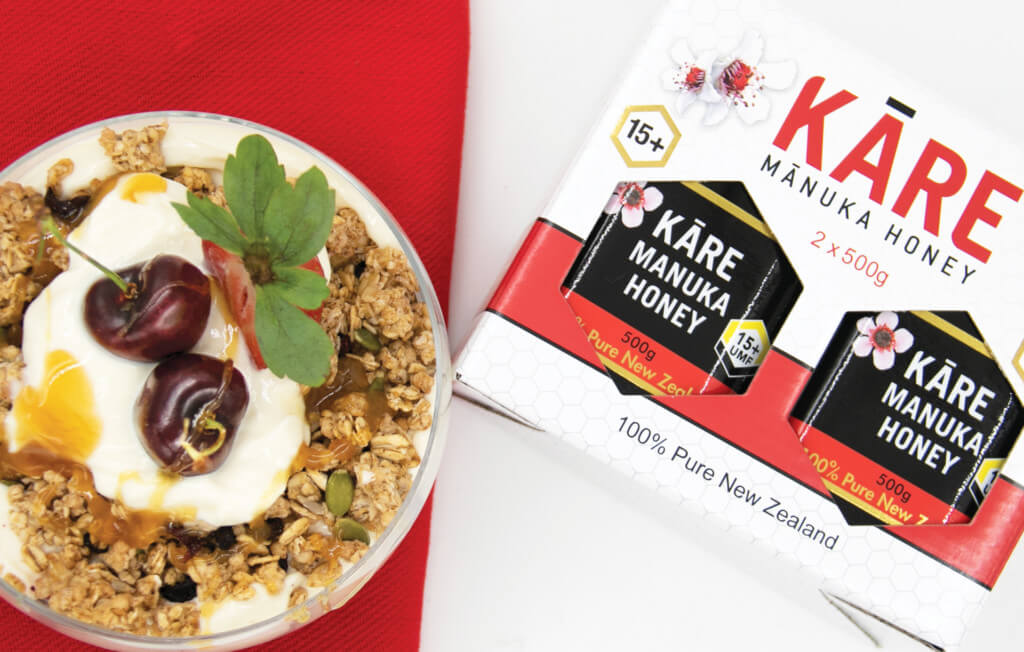Manuka honey, at even low dilutions, curbs the activity and growth of bacteria, prompting hopes of its use for urinary catheters, a British study says.
Manuka honey has been shown to curb the activity and growth of bacteria at even low dilutions, according to British research.
A Southampton University study says the honey works on plastic surfaces, prompting hopes of its potential use for urinary catheters.
It says even low dilutions curb the activity and growth of bacterial biofilms – the thin but resilient layer of microbes that build up on and attach to any surface.
Lead author Bashir Lwaleed says the findings raise the prospect of manuka honey’s potential use in patients fitted with medical devices.
These included urinary catheters, which are used to drain the bladder of urine but which also carry a high risk of infection.
The researchers cultured strains of two bacteria on plastic plates in the laboratory.
The two bacteria account for most of the urinary tract infections associated with long-term catheter use.
The bacteria and honey, which was diluted to different strengths, were sealed and incubated to see if the honey had any effect on the formation of a biofilm.
The results, published in the Journal of Clinical Pathology, showed that Manuka honey “strongly inhibited” the stickiness of the bacteria, even at the lowest dilution.
It also restricted further bacteria growth.
The researchers pointed out that their study related only to the stickiness of bacteria and early biofilm development under laboratory conditions.
They said further studies in which clinical conditions more closely resembled the flow of liquid in the bladder would be needed before any firm conclusions could be drawn.
NZN

